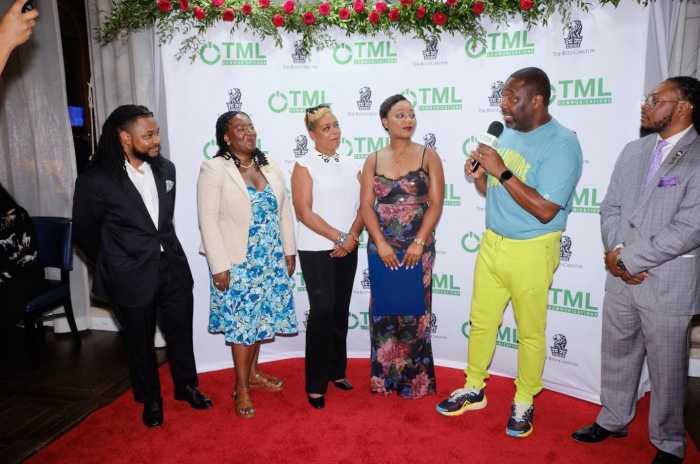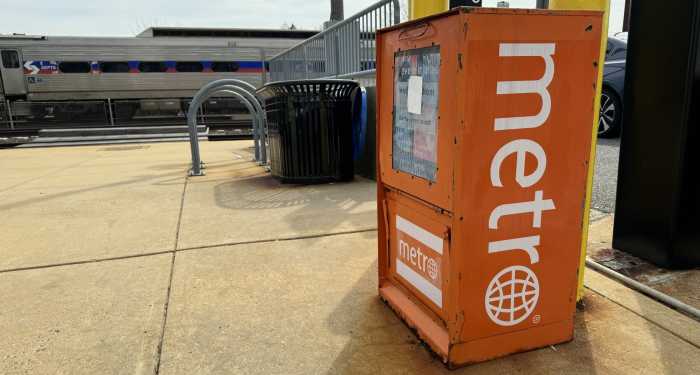In April, a federal law was enacted that will ban TikTok nationwide unless it is sold due to concerns about foreign ownership of the popular social media app.
For this special edition of The Business Corner, we are focused on why TikTok winning its litigation seeking to invalidate the law is crucial for small businesses, individuals, and large organizations that see the app as a vital distribution channel to post videos and get the word out about their products, services, and brands.
There is important litigation about the TikTok ban seeking to overturn the new law. On May 14, Eight TikTok creators sued the U.S. government, arguing that a new law forcing a sale or ban of the popular video-sharing app violates their First Amendment rights.
The creators correctly point out that the law “bans an entire medium of communication and all the speech communicated through that medium, even though, at the very least, the vast majority of that speech is protected”.
People tend to think of the First Amendment as only protecting an individual or corporate right to free speech, however, the First Amendment also protects the right to receive information. To be clear, that includes the right to receive a letter and listen to a podcast, not just the right for the podcast host to speak freely.
The creators argued that TikTok is “part of American life”, like other popular forms of social media including Facebook, X (formerly Twitter), and Instagram.
One of the most interesting and exciting parts of social media is the ability for almost anyone to start a profile, post content such as videos, and build a massive following. After a creator gets 100, 1000, or 1 million followers, it doesn’t cost anything to make posts that those followers have chosen to sign up for.
The eight creators who filed the lawsuit come from many different states: Texas, Washington D.C., North Dakota, North Carolina, Georgia, Mississippi, and Arizona. But they have one thing in common, they enjoy using TikTok to communicate.
Each said they “have found their voices, amassed significant audiences, made new friends, and encountered new and different ways of thinking – all because of TikTok’s novel way of hosting, curating, and disseminating speech”.
Just because some people are concerned about TikTok’s foreign ownership, this shouldn’t deprive 300 million Americans of the option to use the app, or not use the app.
Many individuals are using TikTok to build their businesses and make money. I do not think that government has a place telling Americans which social media app to use.
TikTok currently has 170 million American users and has been under scrutiny for many years. Last year, Montana became the first state to issue a TikTok ban.
After five content creators brought suit, a federal judge blocked the ban, saying it “violates the Constitution in more ways than one”.
It will take months, or years, for the latest lawsuits to be decided. But there are other principles at stake as the government seeks to ban TikTok.
In the United States, the government isn’t supposed to pick winners and losers in deciding which social media or other type of business wins customers and market share.
Our government should do less about trying to stop individuals from sending and receiving messages to their followers and do more to help individuals and small businesses identify money-making opportunities.
We live in a free market (to do business), maybe it is time we act like it.
Teresa M. Lundy is the principal and founder of TML Communications, the award-winning strategic public relations, crisis communications, and community engagement firm serving corporations, nonprofit organizations, and government agencies. Follow Teresa on Twitter @TeresaMLundy.





























